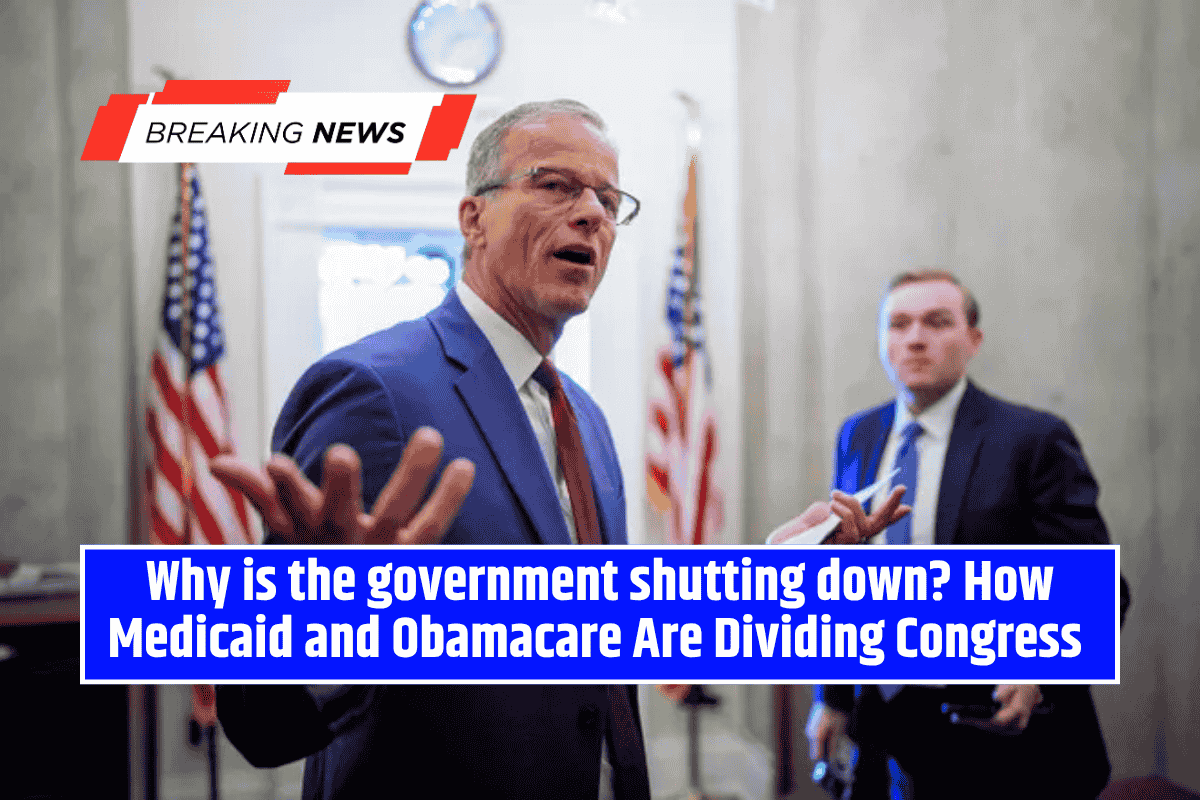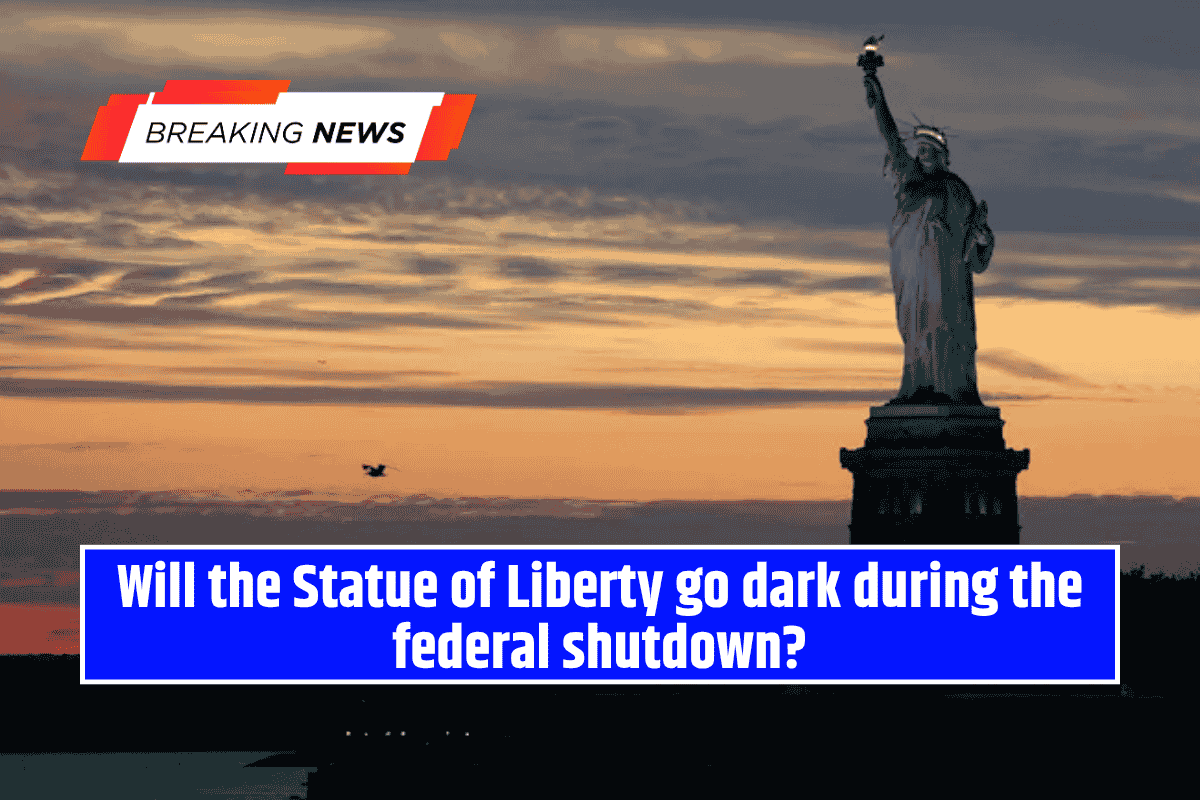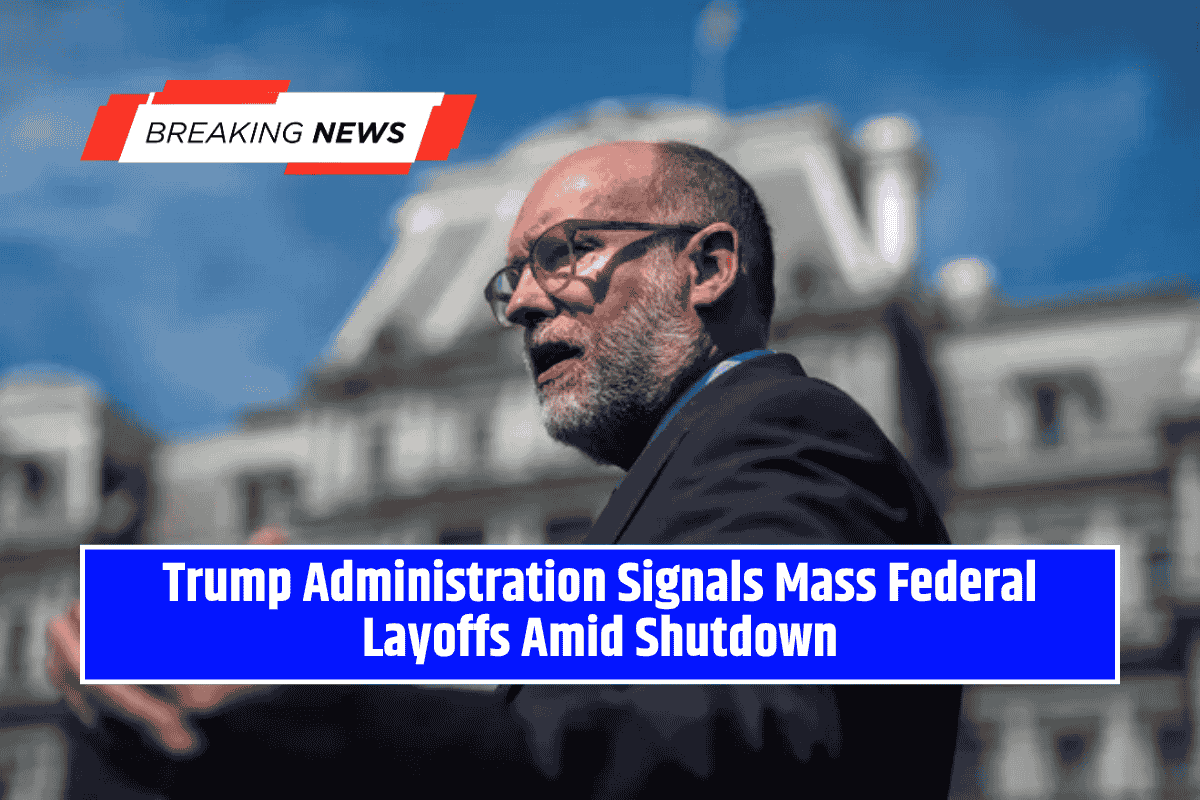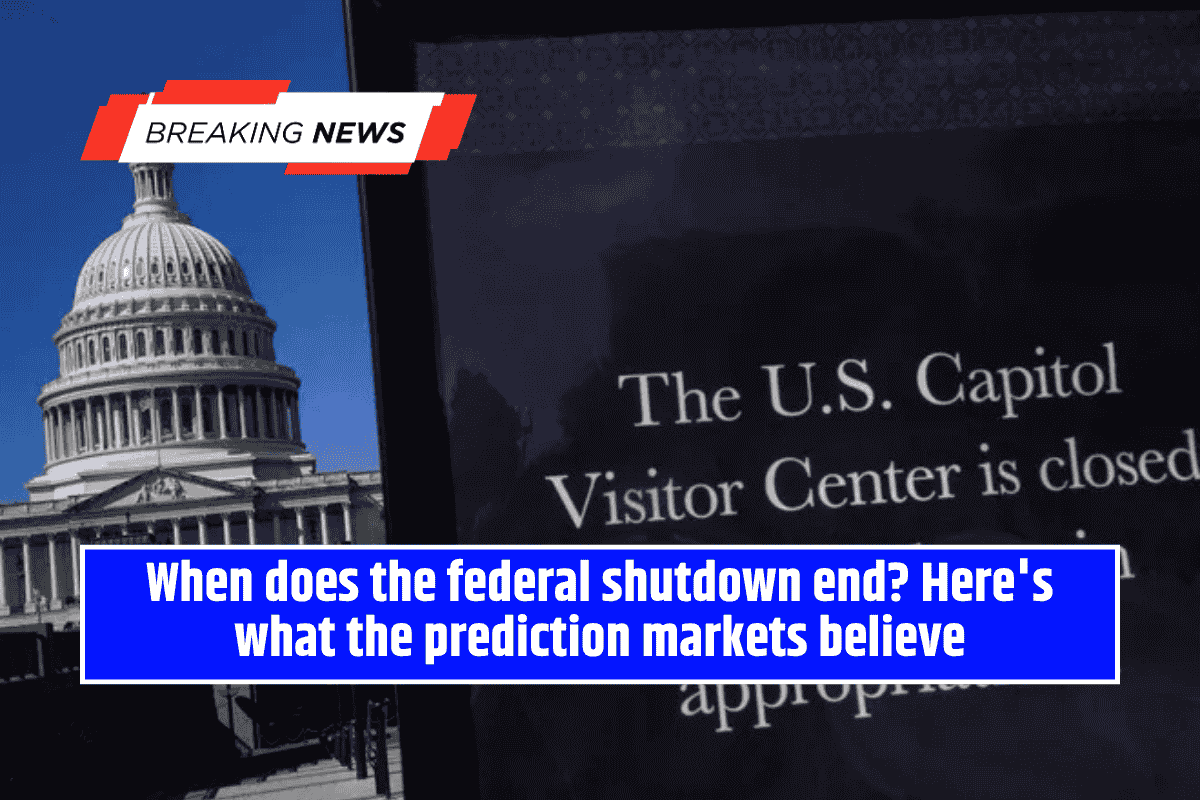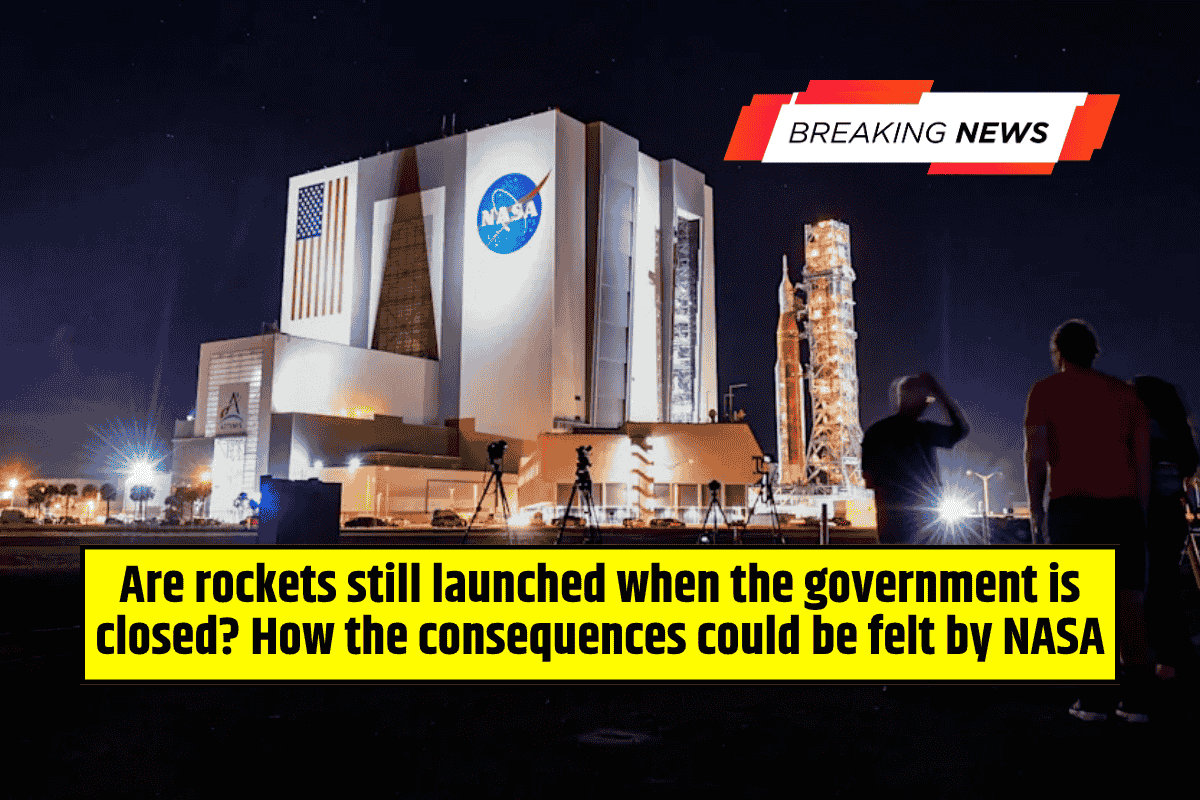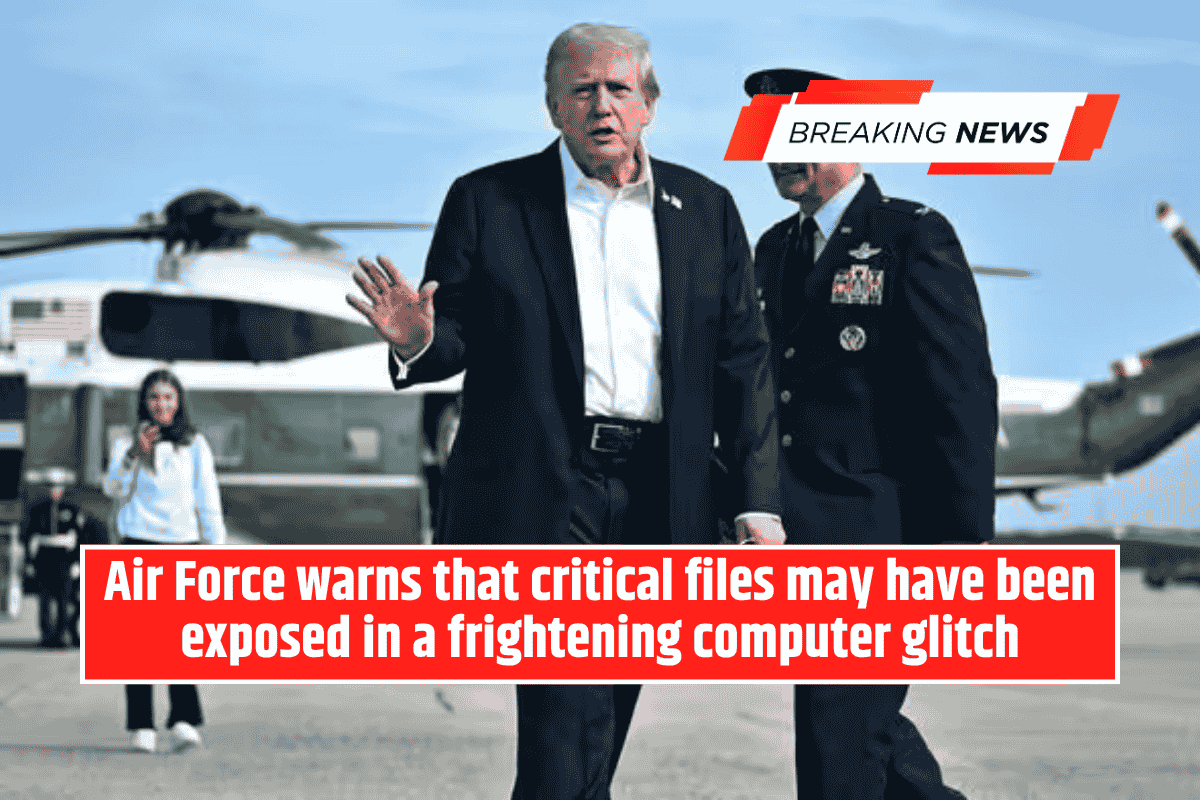The federal government entered a partial shutdown on October 1 due to a stalemate between President Donald Trump and congressional Democrats over healthcare funding.
House Republicans passed a short-term funding bill to extend government operations until November 21, but Senate Democrats blocked it, citing concerns over Medicaid cuts and the looming expiration of federal subsidies for the Affordable Care Act (ACA), also known as Obamacare.
The Medicaid Dispute
At the heart of the funding impasse is Medicaid, a program serving low-income families and people with disabilities. The Republican proposal would uphold cuts introduced in Trump’s tax-cut legislation, which the Congressional Budget Office estimates could cause 7.5 million people to lose coverage over the next decade.
Republicans argue the cuts mainly prevent undocumented immigrants from accessing benefits and require able-bodied recipients to work or volunteer at least 80 hours per month. Critics warn that such documentation requirements could deter eligible people from seeking care.
The White House has accused Democrats of prioritizing immigrants, claiming their proposal would direct $200 billion over a decade to noncitizens improperly granted asylum or parole.
However, experts, including Georgetown University’s Leo Cuello, note that undocumented immigrants are already ineligible for Medicaid, Medicare, CHIP, or ACA subsidies.
Only lawful immigrants—such as permanent residents, refugees, asylees, and certain humanitarian cases—qualify under current law.
The Obamacare Subsidies Fight
The second major dispute concerns ACA subsidies, which are set to expire on December 31. Without congressional action, premiums could double for millions of Americans, especially in states that declined to expand Medicaid.
Democrats argue that renewing subsidies is essential before the enrollment period begins November 1, otherwise many participants may forgo coverage.
Republicans counter that the subsidy debate does not need to be resolved immediately, since premiums won’t expire until the end of the year. They accuse Democrats of trying to tie long-term health policy changes to a short-term funding bill.
Competing Political Narratives
Senate Minority Leader Chuck Schumer framed the shutdown as a direct assault on Americans’ healthcare, accusing Trump and Republicans of reckless obstruction.
Conversely, House Speaker Mike Johnson dismissed Democrats’ push for subsidies as a political maneuver, calling it an attempt to “bootstrap” unrelated provisions into spending legislation.
White House press secretary Karoline Leavitt reiterated that the administration was open to bipartisan negotiations on healthcare subsidies but insisted the government must reopen first.
Immigration and Obamacare Misconceptions
Republicans also charged that Democrats want to extend ACA subsidies to undocumented immigrants. However, according to the Congressional Budget Office, that claim is false.
The Democratic plan would only restore coverage to lawful groups affected by the GOP tax-cut law, such as refugees, asylum seekers, workers with visas, and students. Undocumented immigrants remain ineligible for ACA coverage and subsidies under current law.
The shutdown reflects deep partisan divides over the future of Medicaid and Obamacare. While Republicans emphasize cost-cutting and restrictions tied to immigration, Democrats warn that millions could face skyrocketing healthcare costs without immediate action.
The standoff leaves both government operations and Americans’ access to affordable healthcare hanging in the balance.
